Searching for plastic. Young volunteers are busy collecting used bottles. They are often discarded in the vast Ebrié lagoon which abuts Ivory Coast’s economic capital Abidjan.
The Citizens’ initiative started two years ago when Charles Gore Bi decided to act against the scourge of plastic pollution.

“Quite simply, the idea of cleaning up the shoreline came from the need to clean up the environment in which I live”, he says candidly.
“I’m here all the time and the garbage come in all the time as well, so I decided to start by cleaning up where I lived.”
Gore Bi’s efforts progressively gained notice and the Plateau Bay’s city council met with the youth committed to collecting waste and connected them with recycling companies.
Instead of sending the collected bottles to open-air landfills, the waste is sold to recyclers. Once their large net is filled with waste, the young group of volunteers that collects plastic waste everyday sells it. A full net can go up for 7,000 CFA francs or about 10 US dollars that they will share amongst themselves.
“Once we started earning some money though this, it motivated us, we started loving it because it keeps you fed, as we say around here,” Gore Bi said.
According to the UNICEF, Abidjan produces over 288 tonnes of waste each day. However, waste collection remains one of the city’s weak spots.
In Abidjan, the ministry of de Hydraulics, sanitation, and Hygiene delegates the management of waste to two companies. Bénédicte Aka, the deputy director of the Plateau municipality’s Environment department says the companies’ “specifications are unclear”.
Contacted by the AFP, the ministry of de Hydraulics, sanitation and Hygiene declined to comment.
Plastic for cash
In a bid to shake things up, Recyplast’s founder set up 50 waste collection points and pays residents who sort their trash for recycling. His company buy a bag of 20kg plastic for a little over one dollar and 50 cents.
“We do promote and communicate, we raise awareness on the use and reduction of plastic, but also we reward their eco-citizen action, that is to say the waste they manage to pre-select, to sort internally. When they come to our collection points, we buy this plastic waste,” Nayef Salame, the head of a plastic bottle recycling company Recyplast explains.
If he recognize that the Ivorian state” took a step in favout of fighting platicp ollution 10 years ago”, he laments a lack of regulations in the sector et belives there is still “much thatn eeds to be done”.
In 2013, Ivory Coast banned the production, selling and ownership of plastic bags.
But when the policy was set to enter into force in 20014, businessowners protested in Abidjan opposing the move so much so that today, the law is hardly enforced in the country, which produces over 200,000 tonnes of plastic bags every year, according to the Ministry of Hydraulics.
In the meantime, used plastic bottles are turned into plastic chips at Recyplast plant. Some of it will be sold to industrials. The company will use the other part to build street or school furniture.
Source:AFRICAN NEWS

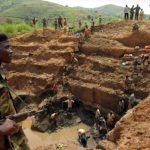

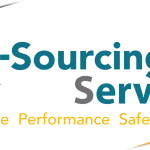


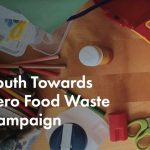
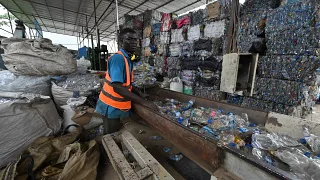

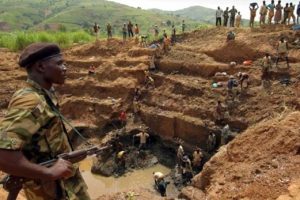










Add Comment